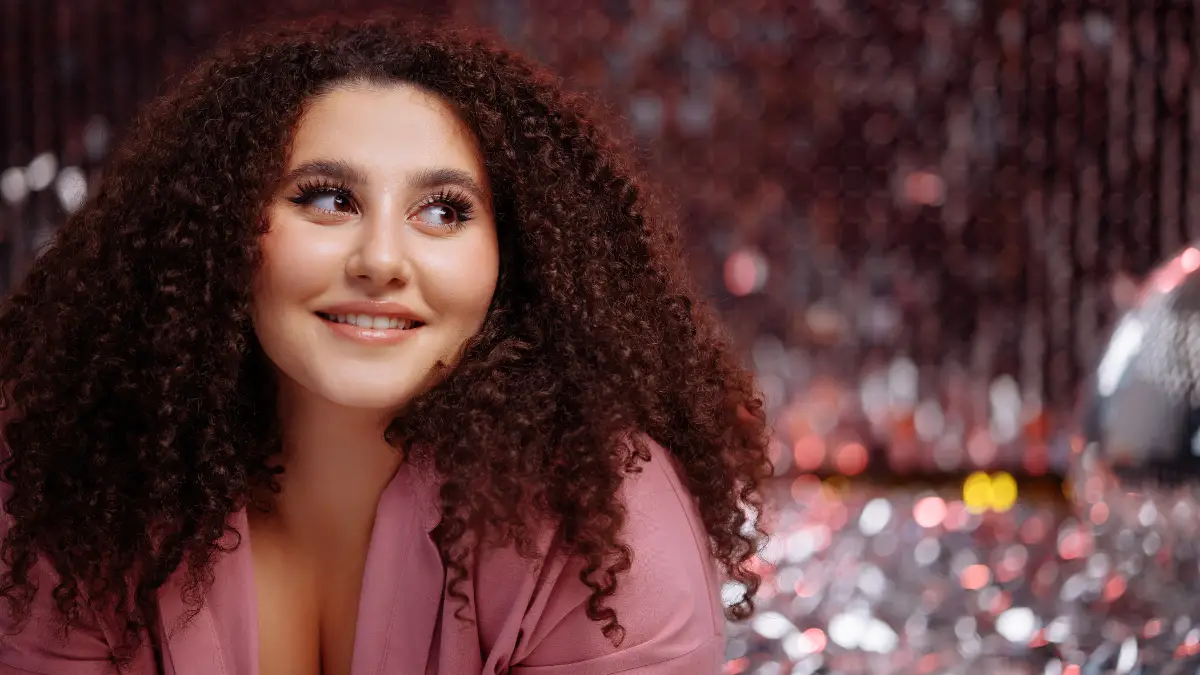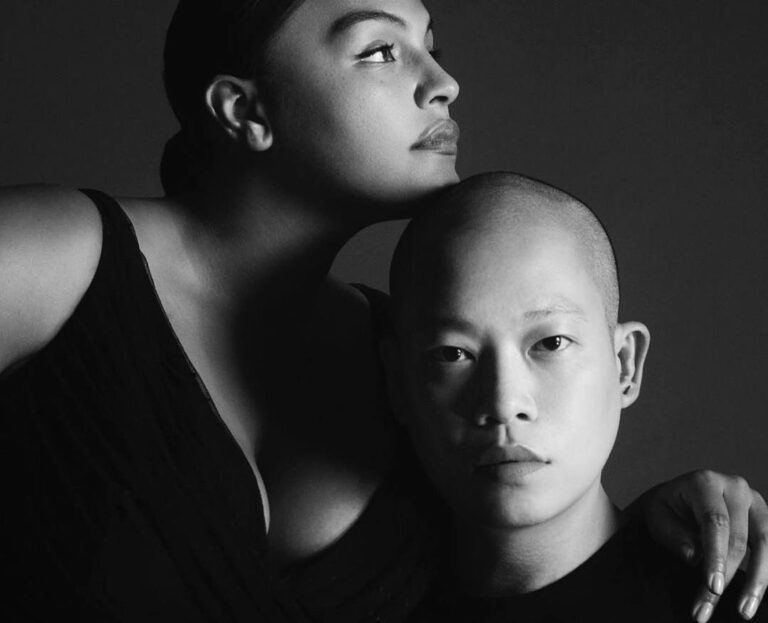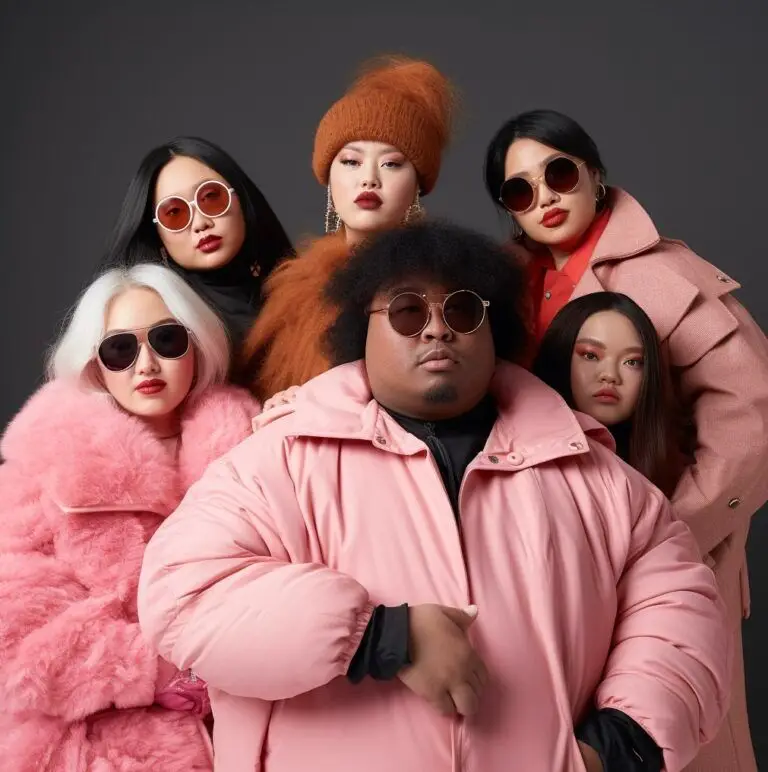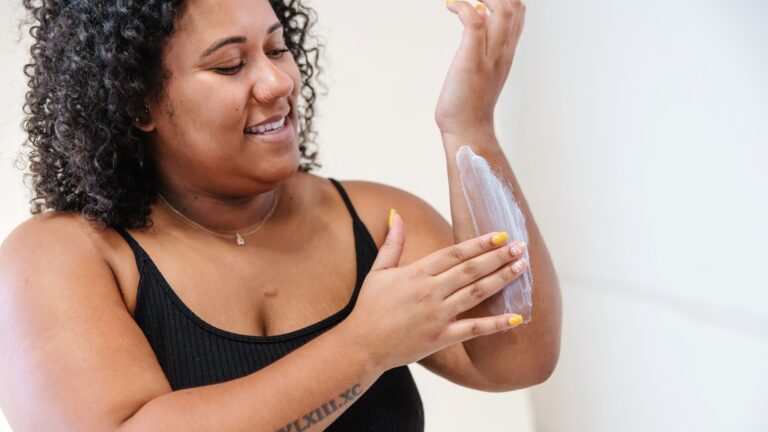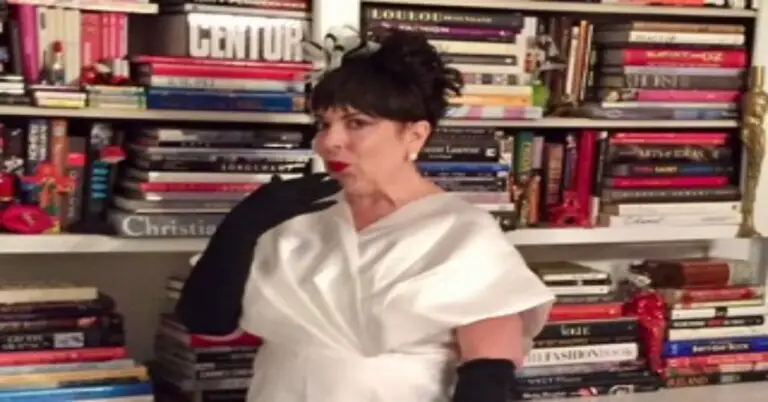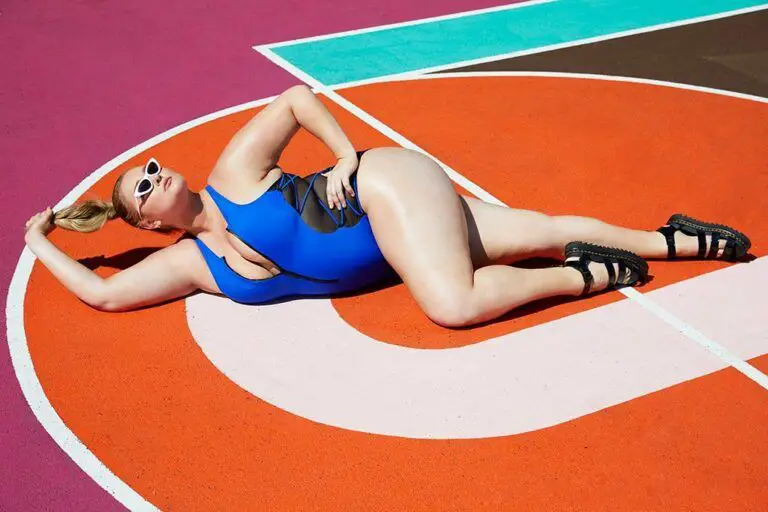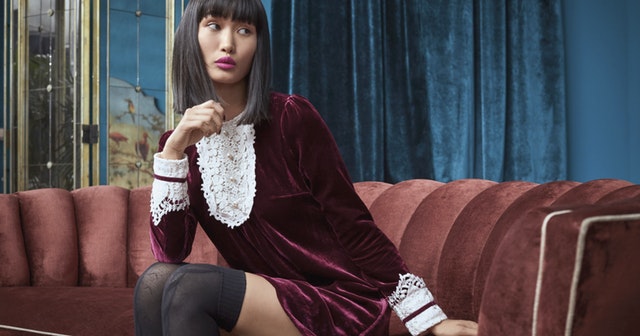The beauty industry has long overlooked one of its most powerful demographics: plus size beauty consumers. Despite making up over 67% of U.S. women, plus size women remain underserved by mainstream beauty brands—even though they represent a rapidly growing and high-spending market segment.
We want to be transparent with you about how we make money. This website uses affiliate links. This means that if you click on an affiliate link and make a purchase, we may receive a commission from the retailer. This commission comes at no additional cost to you
According to the CDC, more than 68% of U.S. women wear a size 14 or above, a figure that’s not only been consistent but growing over the past decade. Yet when you scan the shelves of most beauty retailers—or scroll through Instagram ads—you’d think the average consumer was a sample-size 4 with no belly, no back fat, no jiggle, and no texture. What’s worse? Plus size women know they’re being ignored. And they’re over it. Unlike modern, inclusive brands like Fenty Beauty and even rapper Kendrick Lamar featuring plus size joy in his music video, many beauty brands have yet to catch up to one of the top-spending and most loyal-to-brand markets: the plus size beauty consumer.
In a 2023 report by Coresight Research, 65% of plus size women said they feel overlooked by both beauty and fashion brands. But here’s the twist: that hasn’t stopped them from spending. These women are not only shopping, they’re often spending more per purchase than their straight-size counterparts, choosing brands that speak to their lived realities, that offer solutions for their real skin, and that reflect their bodies in campaigns.
Money, Power, and Presence
There’s a persistent stereotype that the plus size beauty consumer is hiding, lacking confidence, or somehow disinterested in beauty. That’s not only outdated—it’s offensive. Today’s plus size consumers are lawyers, stylists, creative directors, founders, influencers, doctors, and editors. They are traveling, attending conferences, sitting on panels, and showing up to award shows and events. And they’re not showing up bare-faced. They’re beat, glossy, and moisturized.
And they’re also buying. From body oils that soothe underboob sweat to bronzers that pop on every curve, this demographic is fueling growth in categories like body care, complexion products, and fragrance—areas where brand loyalty runs deep and price points are often higher. According to McKinsey & Company, the U.S. beauty market was valued at over $100 billion in 2023, and women over a size 14 are contributing significantly to that number—especially through online shopping.
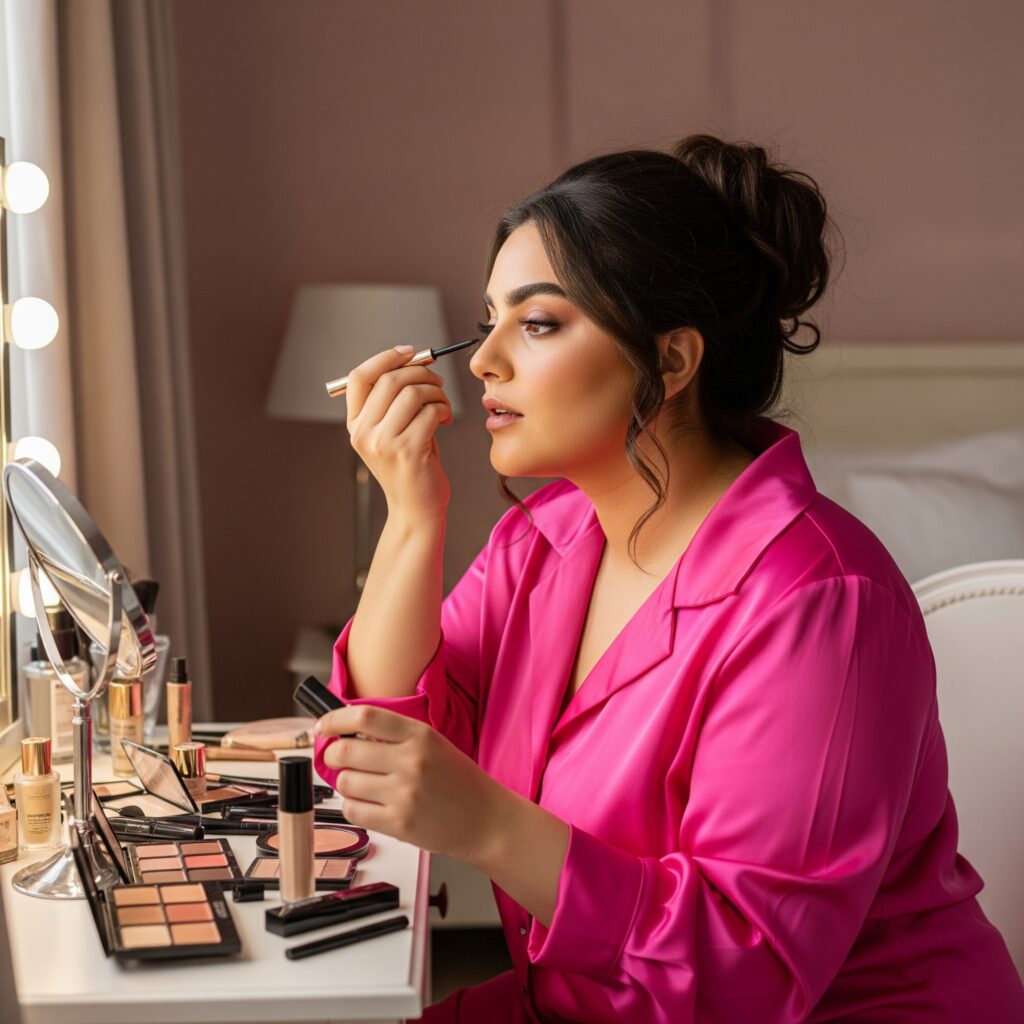
What’s more, the TikTok and Instagram-driven beauty boom has pulled back the curtain on who’s really influencing purchases.
Real Bodies, Real Needs
This consumer isn’t asking for pity or permission. She’s asking for product. And not just any product—ones that acknowledge where and how she lives in her body. Think anti-chafe sticks, moisture-rich body serums, full-coverage foundation shades that don’t oxidize on deeper skin tones, and applicators that work for fuller hands or longer nails. Think campaign images that reflect curves in bikinis without cropping out their bellies. Think mascara ads that don’t pretend fat girls don’t exist.
Many plus size women describe summer as an exhausting obstacle course—deciding what outfit won’t show sweat, what makeup won’t melt, and whether their arms and thighs will be socially acceptable that day. The lack of acknowledgment from mainstream beauty brands isn’t just frustrating—it can be alienating.
And while brands continue to fumble the bag, smaller indie and women-led companies are filling the gap. Megababe, Lume, The Honey Pot, and even Beekman 1802 are connecting with plus size buyers by addressing issues like boob sweat, skin friction, pH balance, and belly folds without shame. These brands are building loyalty because they’re solving actual problems—and doing so in ways that feel inclusive, fun, and unfiltered.
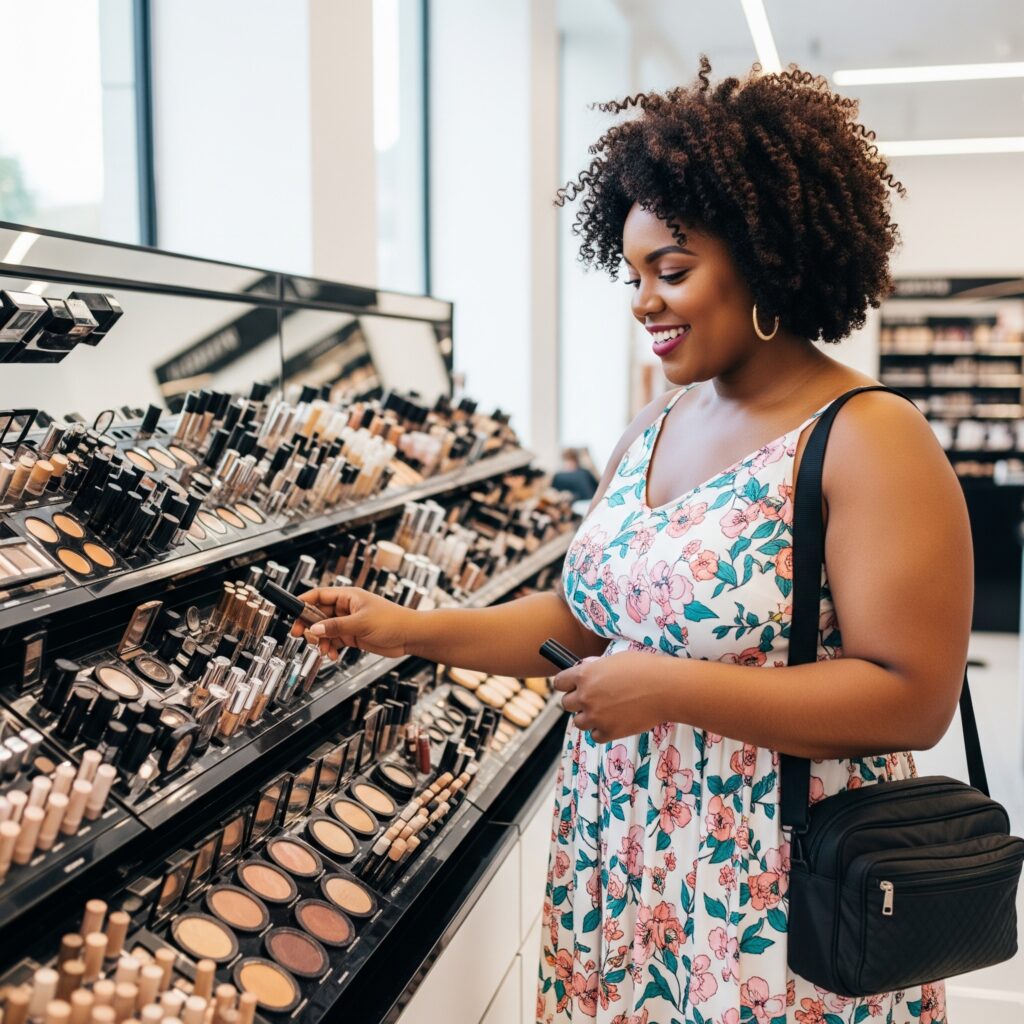
The Cultural Shift Is Here
What’s happening now is not just a trend—it’s a shift. Plus size women are no longer asking to be invited into beauty conversations. They’re hosting them. They’re building brands, reviewing products, shaping standards, and taking up the space they’ve always deserved. The narrative is moving away from “how to look slimmer” and into “how to feel your damn self.”
Beauty is not about shrinking to fit into a narrow ideal. It never should have been. And finally, this group of bold, stylish, educated, and financially powerful women is calling that out—and building new spaces where they’re centered. If you’re a beauty brand reading this and you still haven’t prioritized this audience, here’s your wake-up call: plus size women are not waiting for you. They’re already spending—with or without your campaigns, your inclusive sizing, or your watered-down “body positivity” posts during Pride and New Year’s. If you don’t start serving them authentically, they’ll keep taking their money elsewhere—and telling their followers to do the same.

